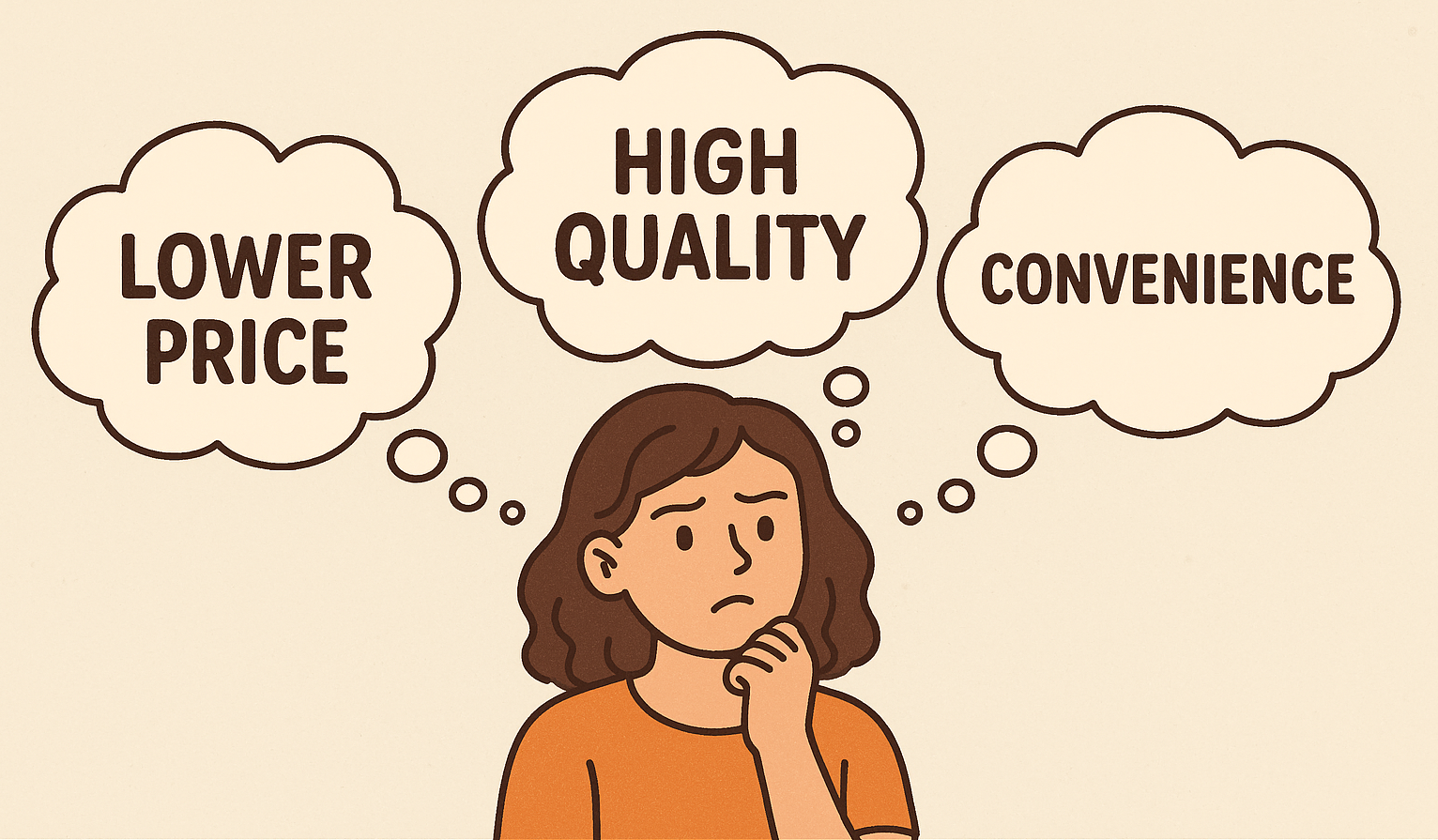In an increasingly crowded market, a strong unique value proposition for small business owners is no longer optional—it’s essential. Without a crystal-clear UVP, you’re leaving potential customers confused, indifferent, or choosing your competitor. A well-crafted UVP instantly tells people why you’re different, why you matter, and why they should choose you.
Let’s dive into how you can build a UVP that cuts through the noise and wins attention.
What Is a Unique Value Proposition (UVP)?
Your UVP is a concise statement that clearly communicates:
- Who you help
- What problem you solve
- How your solution is different or better
- The benefit your customer receives
It’s not a tagline. It’s not your mission statement. It’s the heartbeat of your messaging, anchoring your brand, website, marketing materials, and sales conversations.
A strong UVP answers: “Why should your ideal customer choose you over any other option?”
A Simple UVP Formula to Follow
Creating your UVP doesn’t have to be complicated. Here’s a straightforward formula you can use:
We help [target audience] achieve [specific outcome] by [unique method or differentiator].
Example UVPs
- Slack: “Be more productive at work with less effort.”
- Warby Parker: “Buy glasses online, try them on at home, and save money.”
- Basecamp: “The all-in-one toolkit for working remotely.”
And a small business example:
- Local Bakery UVP: “We deliver farm-fresh, artisan breads to busy families in under 24 hours—guaranteed.”
Common Mistakes to Avoid
Crafting a compelling UVP can be tricky. Watch out for these common pitfalls:
1. Being Too Vague
Avoid buzzwords like “world-class solutions” or “cutting-edge services.” Specificity wins.
2. Focusing on Features Instead of Benefits
Your UVP should emphasize the transformation for the customer, not a list of product features.
3. Trying to Appeal to Everyone
Narrow your focus. A UVP meant for “everyone” resonates with no one.
4. Ignoring the Competition
You must differentiate yourself clearly. Research your competitors to avoid blending in.
Tip: If your UVP could just as easily describe your competitor, it’s time to sharpen it.
How to Craft Your UVP Step-by-Step
Step 1: Know Your Ideal Customer
Understand their needs, pains, and dreams. Craft your UVP around what matters most to them.
Step 2: Clarify Your Offering
List the core outcomes or transformations your product or service delivers.
Step 3: Identify What Makes You Different
What do you do faster, better, or differently? This could be your process, guarantee, pricing, or values.
Step 4: Write Several Versions
Don’t settle on your first draft. Create 5-10 versions and test them with real customers.
Step 5: Test and Refine
Use your UVP on your homepage, ads, and sales conversations. Pay attention to engagement and feedback—adjust as needed.
Real-World Applications of a UVP
Your UVP should be front and center in:
- Website homepage
- Social media bios
- Email signatures
- Sales pitches
- Business plans (See how I help craft strong business foundations here)
For more on sharpening your messaging and brand positioning, explore my marketing strategy services.
Final Thoughts
A well-defined unique value proposition for small business owners isn’t just a “nice to have.” It’s a strategic tool that can accelerate growth, increase conversions, and set the foundation for all your marketing efforts.
Take the time to craft a UVP that you’re proud to share—one that resonates, differentiates, and inspires action.
Ready to bring clarity and structure to your business? Schedule a free discovery call →


Leave a Reply